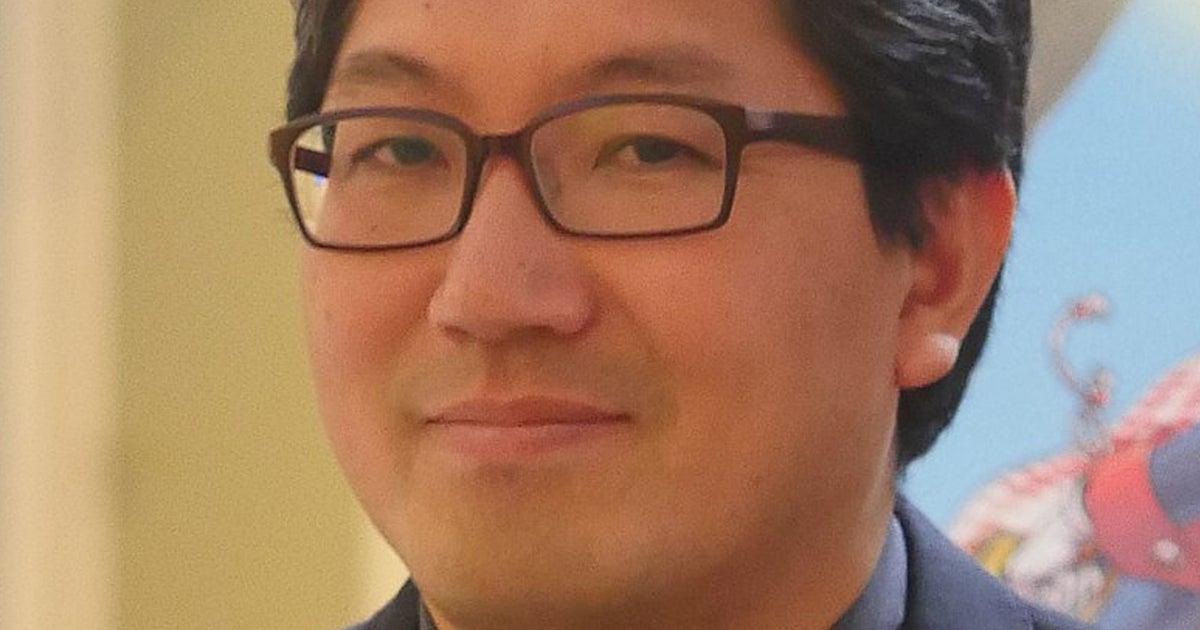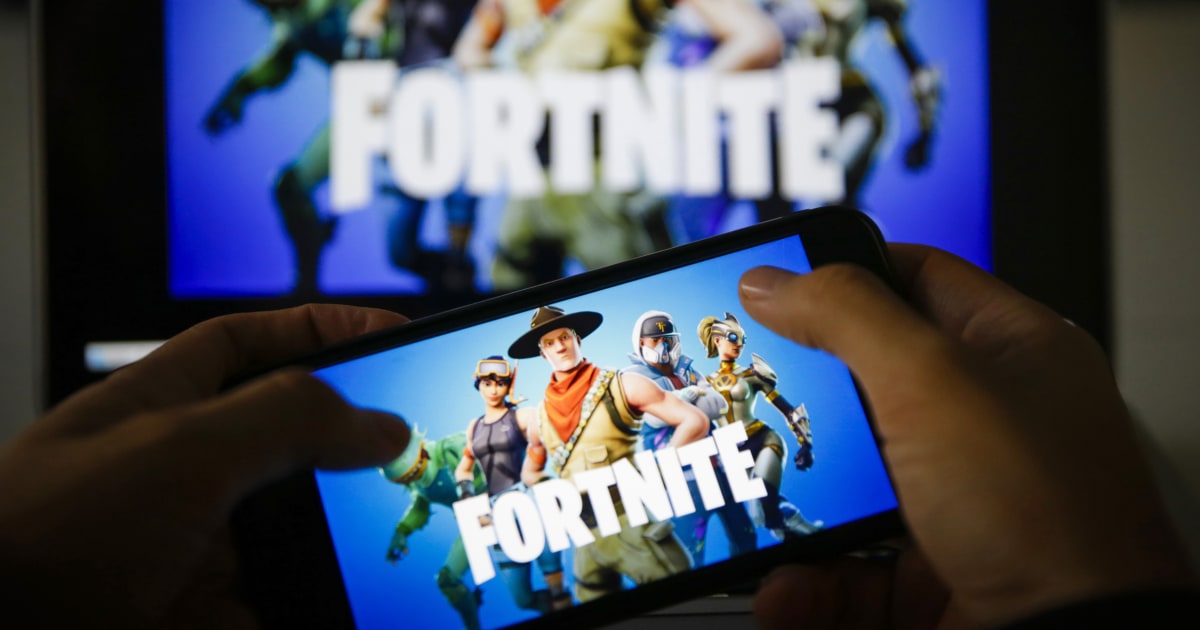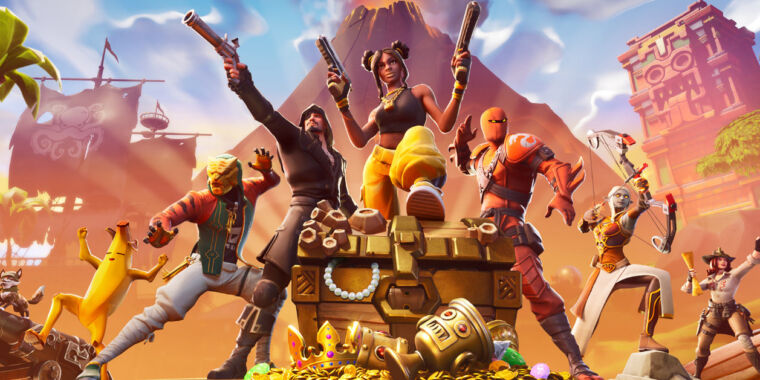Lumen will be a game changer !
I logged in yesterday to Fortnite. Looks like pixar movie! Unforunately, there is a little thing called world cup so I did not play more than 1 match.
Lumen will be a game changer !
When I started as a developer for car audio. I have to test life time test of buttons by pressing each 5-10K times. They were too stingy to use robots. You cannot watch youtube or something as you need to remember the count. It will takes days to finish one model. We did most of the testing as well, oprtical measurements, dimension measurements,produce the technical drawings, talking with business partners, check physical parts etc ON top of designing the audio system.Other gaming industry Q.A. testers have echoed these points, citing crunch as a continuing problem and arguing that the industry gets away with paying them less because of the allure of its products and the idea that they should be happy to earn an income playing games. Workers say the mind-numbing process of repeatedly testing specific actions for glitches is far different from playing a game for fun.



He’ll probably continue, he’s in too deep and likes it….hence the discord
Popular Leaker "The Snitch" Quits Leaking Games - Insider Gaming
He's arguably one of the most accurate leakers, but The Snitch has said in an exclusive interview with Insider Gaming that he's quitting.insider-gaming.com




Guess that’s good so they may produce more multiplatform games.Tencent acquires stake in ShiftUp Studios (Stellar Blade)

Tencent Acquires Stake in Dev of Korean PS5 Console Exclusive Stellar Blade
Shift upwww.pushsquare.com
